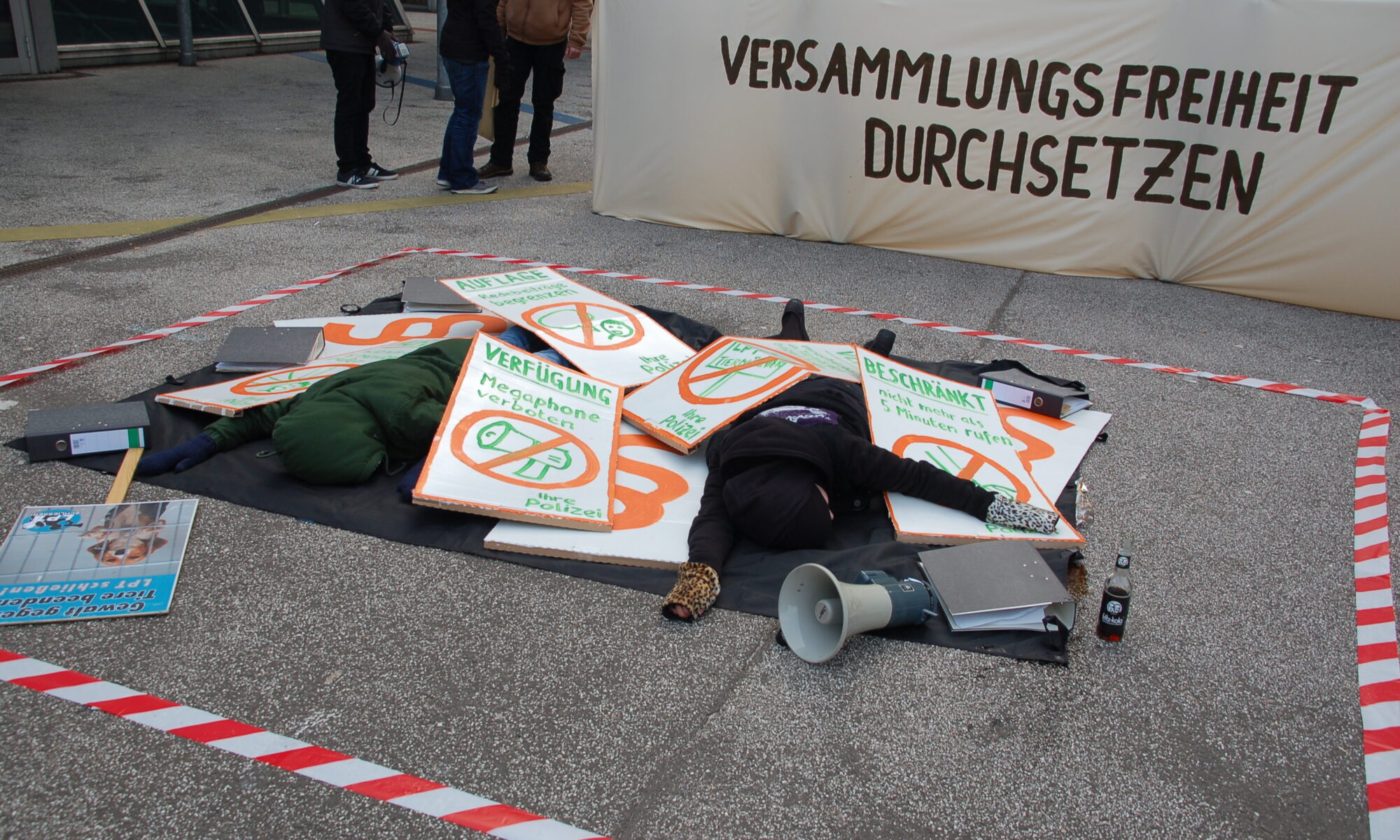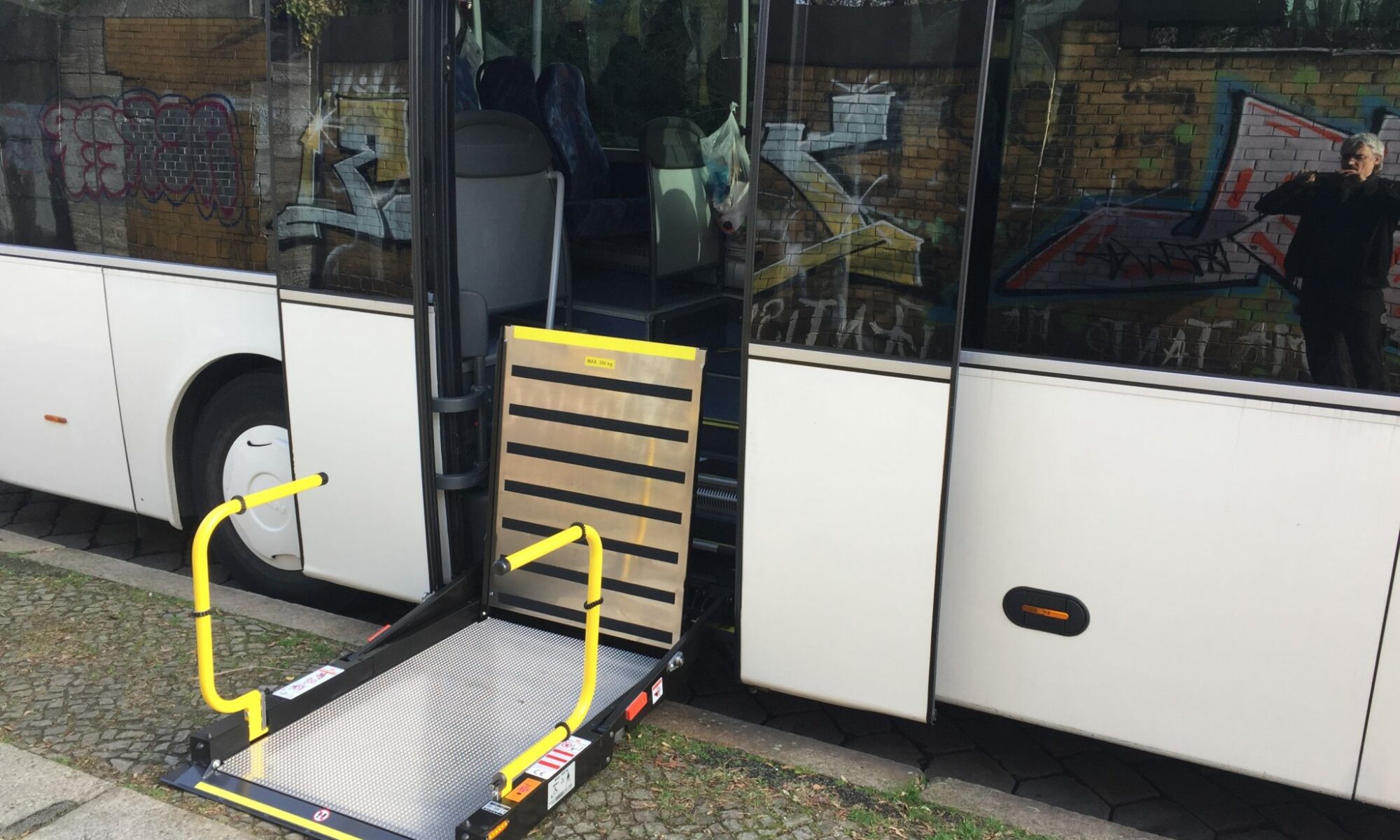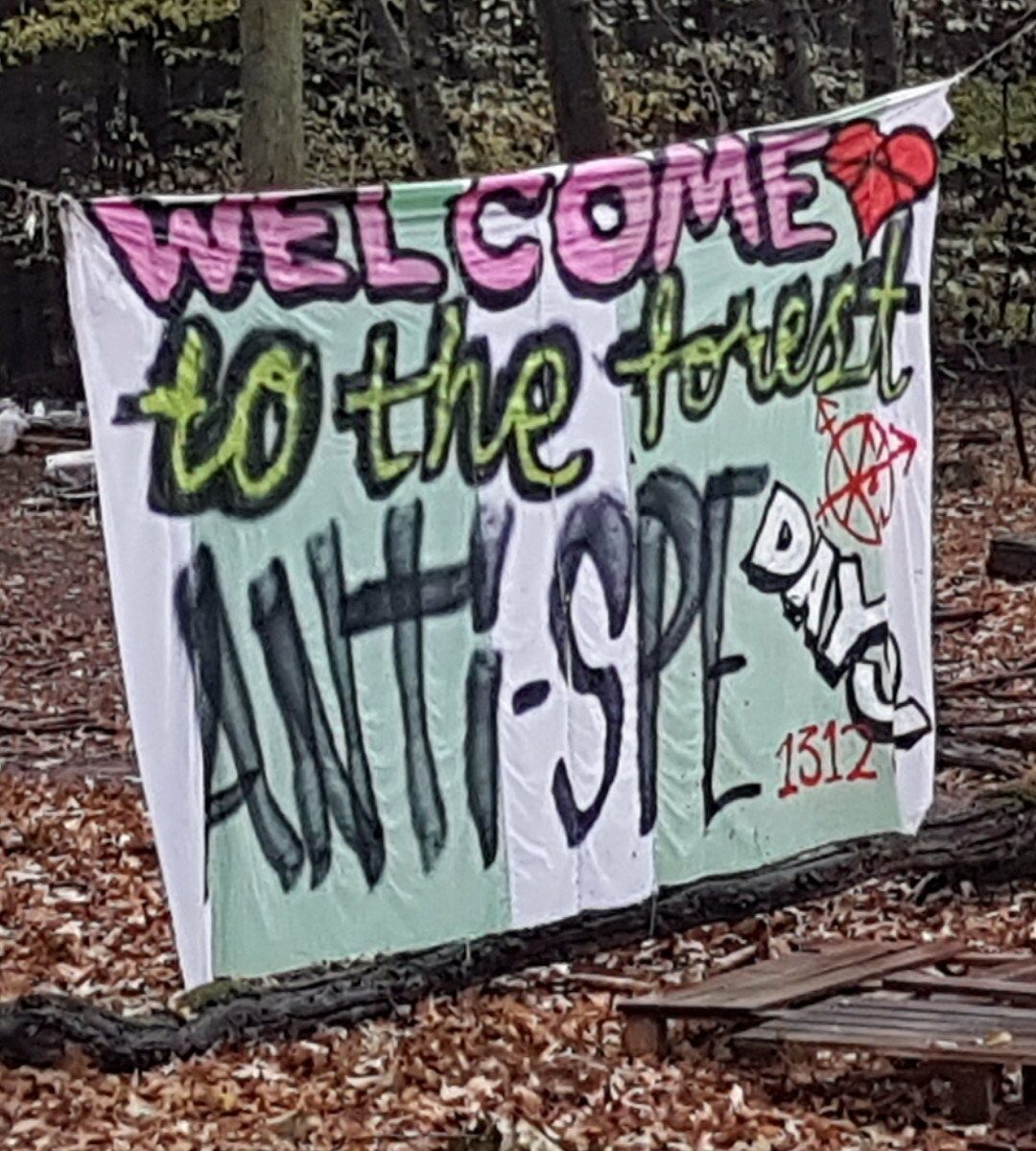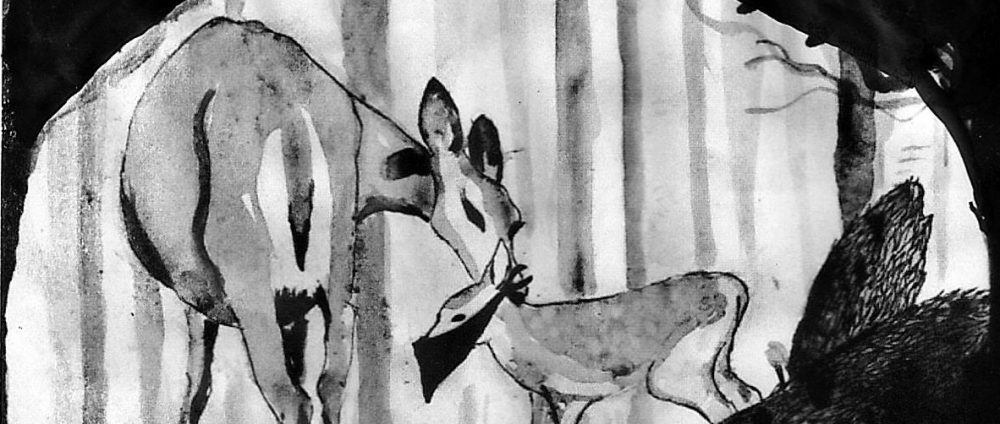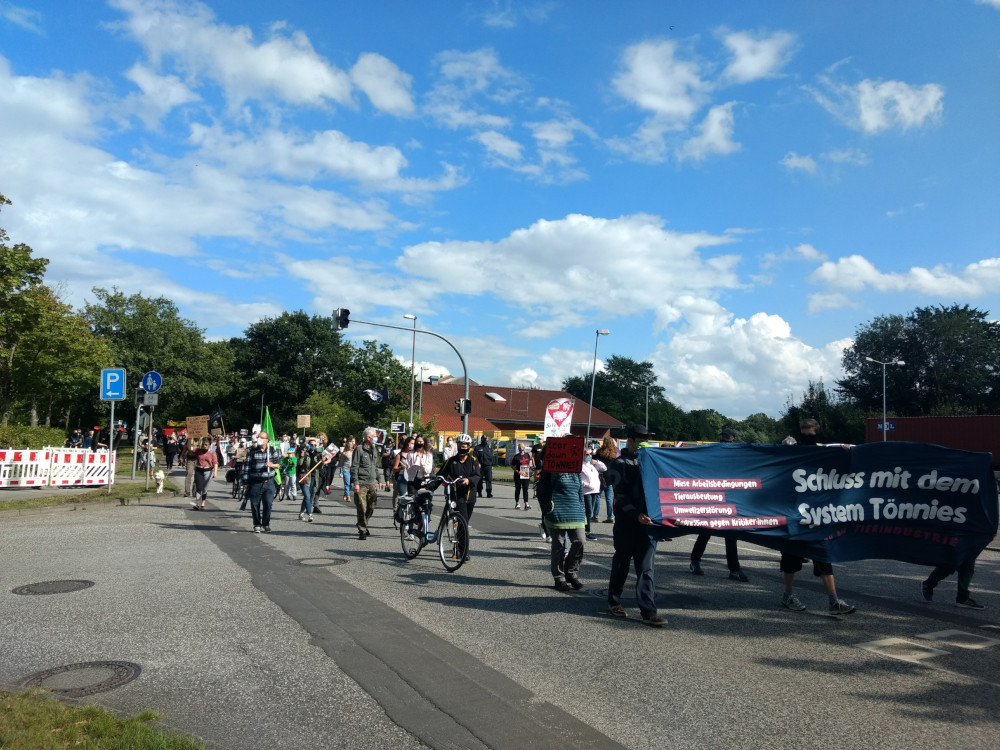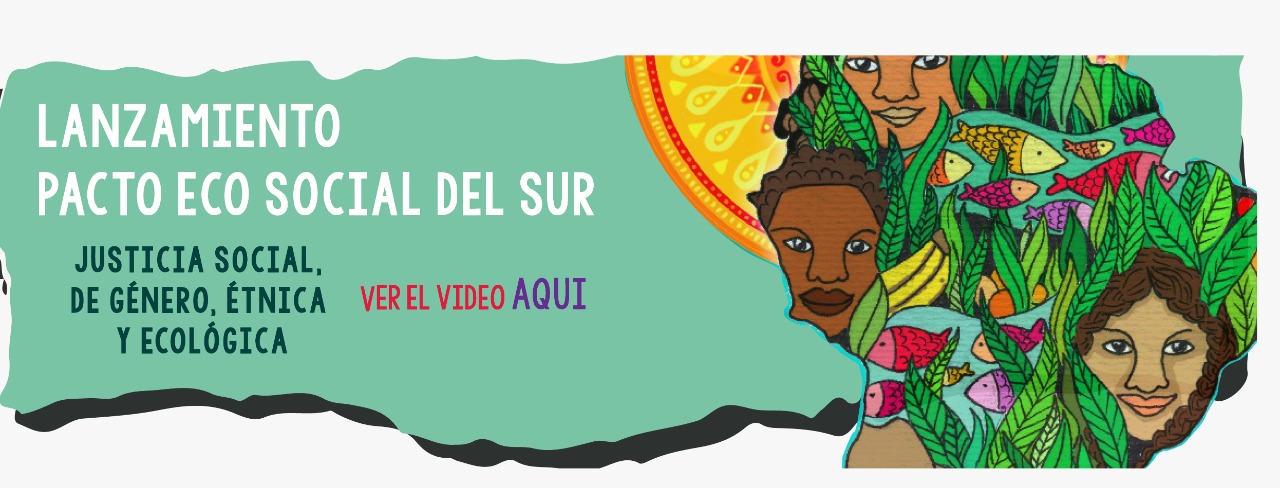Call from the Alliance Gemeinsam gegen die Tierindustrie for nationwide action days from 28-31 May
From Thursday 28th to Sunday 31st May we are setting a sign. A sign of solidarity with the slaughterhouse workers, but also with all the other workers who have to work under the most adverse conditions for the profits of a few. And we are setting a sign of protest against the unrestrained exploitation of animals and nature in the name of profit.
With creative actions in front of slaughterhouses and in public places we will draw attention for the situation of the workers. We will respect the health of all of us and observe hygiene measures, but we will nevertheless leave our mark in public places.
Our demands
With our actions we make it clear that the following immediate measures are urgently needed now:
- The animal industry must be shut down to prevent further corona infections
- The workers must be financially, socially and healthily safeguarded in the event of plant closures – at the expense of the corporations
- The workers must be provided with housing that allows for dignified accommodation that meets the requirements of the corona situation, e.g. in hotels, holiday homes or vacant apartments. And this not only in this situation.
But the workers are not only exposed to harsh conditions in times of Corona. Rather, the workers are exploited to the extreme by the animal industry in the sense of profit maximization. An end of the precarious employment of the workers is needed and with it an abolition of contract and temporary work!
In addition, a comprehensive agricultural turn towards a solidary and ecological way of production and organisation is long overdue.
Let’s take our protest to the public
Show your solidarity and draw attention to the exploitation of workers in the meat industry in various places: by hanging up signs and banners, by demonstrations in places of exploitation (slaughterhouses and fattening factories, supermarkets, etc.), bicycle demonstrations or by chalk marks in the city. Let your ideas run free!
You can tell us your planned actions in advance, and we will draw attention to them. And please post on your channels under the hashtags #GemeinsamGegenTierindustrie, #SolidaritätStattFleischindustrie oder #PeopleOverProfits about your action! Pictures, videos or written reports can be sent to our e-mail address mail@gemeinsam-gegen-die-tierindustrie.org after the action, then we will publish it on our channels
Until our demands are fullfilled, we will not rest.
Together we are many!
Ideas and materials for your actions
Here are some suggestions for slogans:
- Shut down Tierindustrie
- Solidarity with the Workers in the Meat Industry
Flyer templates in several languages will follow.
The situation of the workers
As in almost every social crisis, the Corona crisis affects especially the people who are at the bottom of this society – like the migrant workers in the slaughterhouses and meat processing plants of the meat industry.
At the same time, the groups of the animal industry are classified as systemically important, even though the food supply would be able to survive without them. And they also benefit from additional government support. This is a scandal!
The workers, on the other hand, cannot even protect themselves from the virus because of the exploitative working conditions: Lack of protective equipment, which is denied to them not only during corona times, the non-compliance of distance rules, health-endangering hard work with 12-hour shifts 6 days a week. In the same way, they are exposed to an increased risk of infection in the overcrowded collective accommodation and the overcrowded collective transport vehicles that bring them to work.
Working conditions in the animal industry are worsened by corona and also in precarious jobs in general. Labour laws are being eroded more and more, existing rights are effectively even harder to fight for.
Appeals by trade unions and labour rights initiatives demanding the adoption of measures to protect migrant workers from corona infections were ignored and the inevitable happened: In slaughter factories, among others of Vion, Westfleisch, Müller-Fleisch and PHW/Wiesenhof, thousands of workers have already been infected with corona. As long as appropriate protective measures are not taken, further outbreaks can be expected. According to the authorities, however, the companies have the situation under control and the slaughtering can continue. And that all for the profit of a few. Only after a public outcry actions was taken and slaughterhouses were temporarily closed where there was no other option. As always in the capitalist system, the needs of people, animals and the environment are irrelevant as long as they stand in the way of profit.

